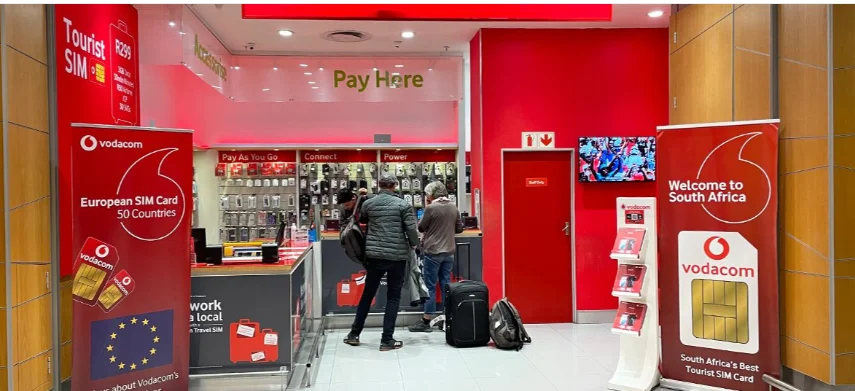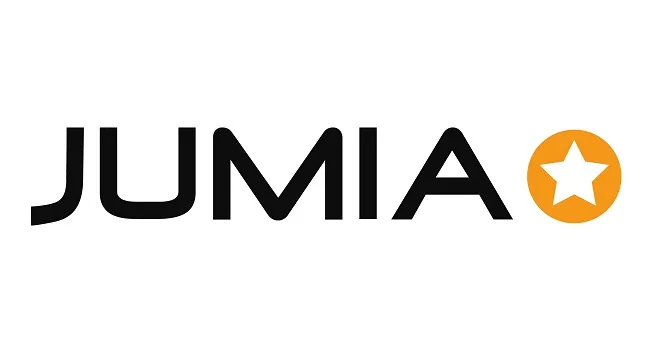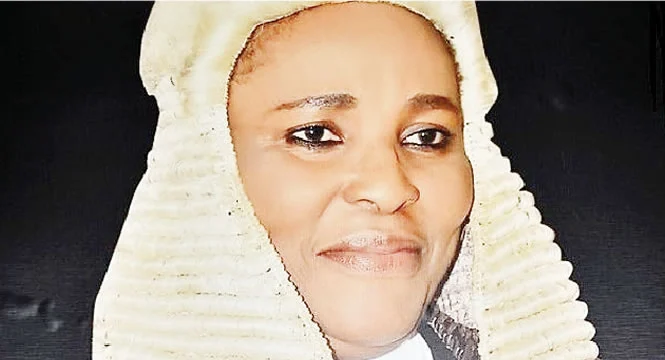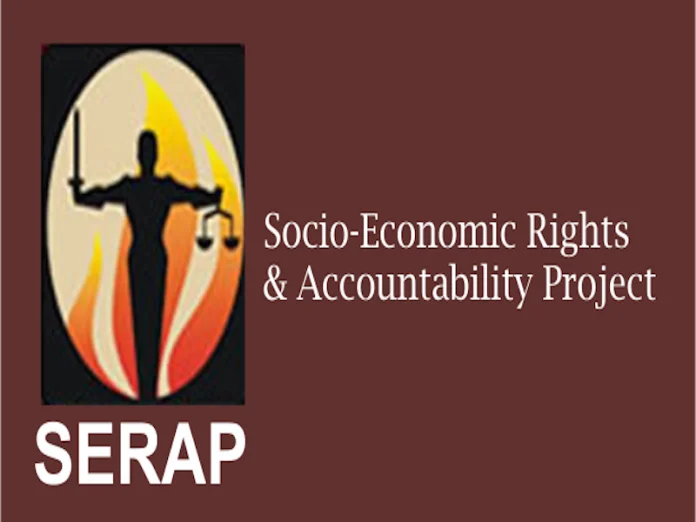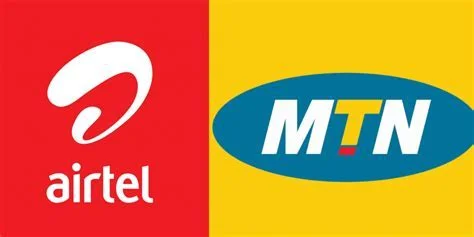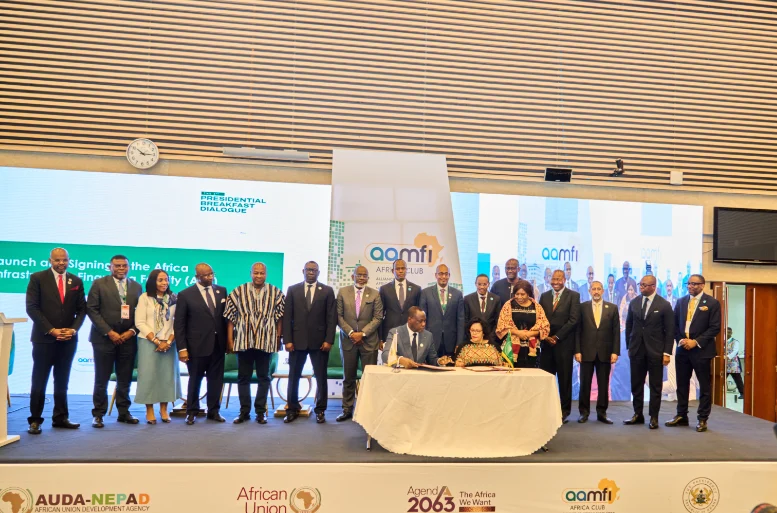Vodacom Moves to Buy Part of Kenyan Government’s 34.9% Stake in Safaricom
Vodacom Group is in early discussions with the Kenyan government to acquire part of its 34.9% stake in Safaricom, Africa’s largest publicly listed telecom company. The South African operator currently holds nearly 40% of Safaricom and is exploring options to further increase its ownership. While talks are ongoing, no final agreement has been reached. So far, Vodacom, Safaricom, and Kenya’s National Treasury have not issued public statements regarding the negotiations.
Safaricom’s Financial Power and Market Position
Safaricom remains the dominant telco in Kenya, controlling about two-thirds of the country’s mobile subscribers. The company is valued at approximately 1.19 trillion Kenyan shillings (about $8.9 billion), making it one of the most valuable corporate entities in East Africa.
For the Kenyan government, selling a portion of its shares is part of a broader effort to:
- Raise additional revenue
- Manage rising public debt
- Reduce widening budget deficits
Divesting a profitable asset like Safaricom could offer a large, immediate cash injection to stabilise the country’s financial situation.
Why Vodacom Wants a Bigger Slice
By increasing its stake, Vodacom aims to strengthen its influence over M-Pesa, Africa’s largest and fastest-growing mobile money ecosystem. M-Pesa powers payments, loans, transfers, and financial services for millions of users across East Africa.
A larger stake could enable Vodacom to:
- Expand M-Pesa’s geographic reach
- Accelerate product innovation
- Shape Africa’s digital finance landscape
- Strengthen its strategic position in fintech
This move aligns with Vodacom’s long-term strategy. In 2017, the company increased its Safaricom stake through a share swap with its UK parent, Vodafone, a deal that gave it deeper operational control.
More recently, following Kenya’s Treasury Secretary John Mbadi’s suggestion that Safaricom be split into three units, Vodacom reiterated that M-Pesa would not be spun off, affirming its commitment to keeping the platform intact.
Risks and Regulatory Implications
While the sale would provide Kenya with short-term fiscal relief, it would also reduce government control over a strategic national asset. Any acquisition would require regulatory approvals to ensure compliance with:
- Ownership rules
- Competition laws
- Market stability standards
For Vodacom, acquiring more shares means assuming greater management responsibility and balancing the operational and strategic demands of a larger stake. The deal could also influence:
- Safaricom’s share value
- Investor confidence
- The company’s long-term regional expansion trajectory

